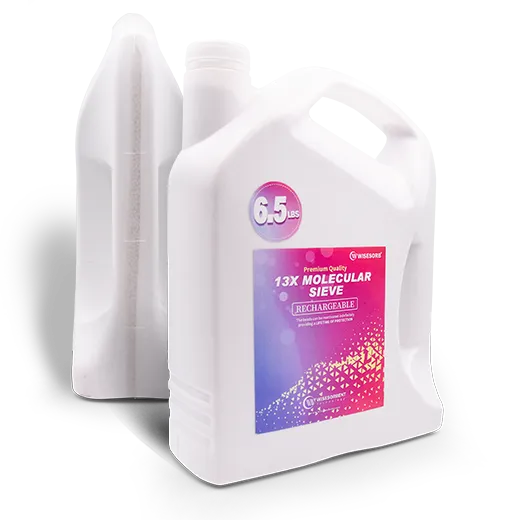Shopping Cart
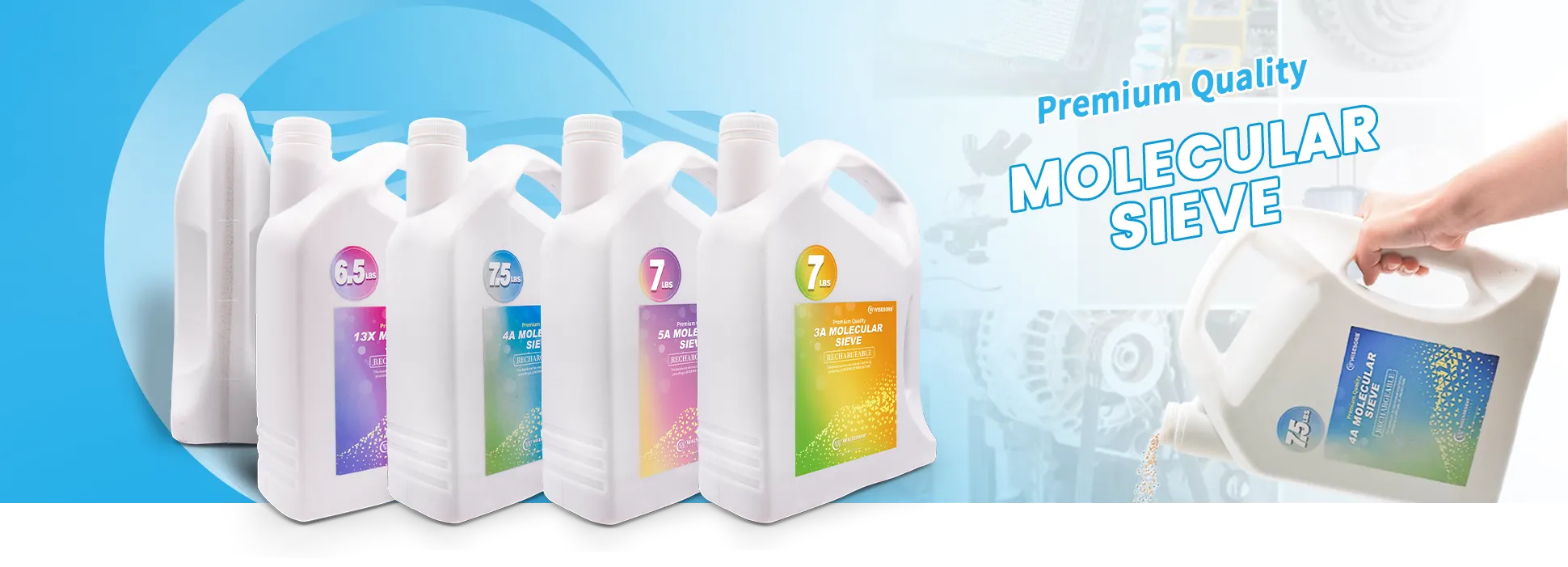
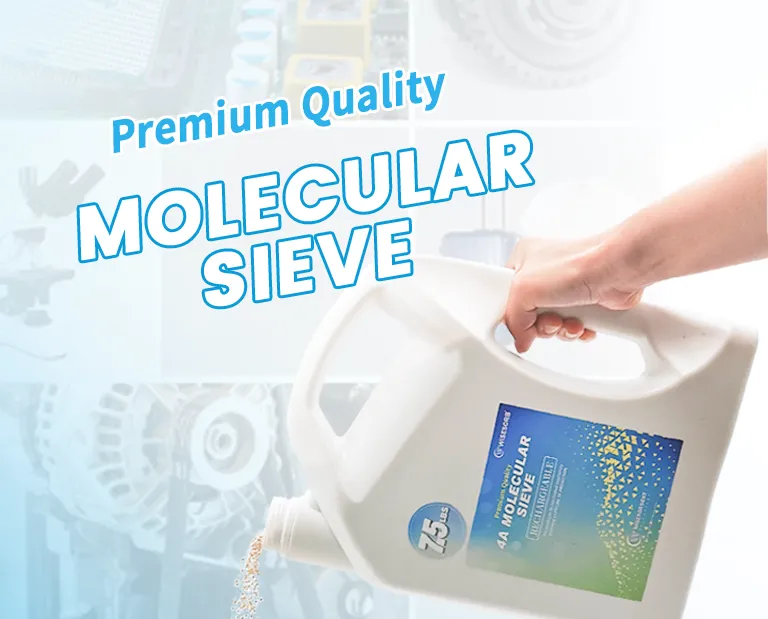
Molecular sieve desiccant is a highly porous material known for its ability to selectively adsorb and remove specific molecules from its surroundings, making it a valuable tool for moisture control, especially under low-temperature conditions. The main types of molecular sieve include 3A, 4A, 5A, and 13X, with particle sizes ranging from 1.5mm to 2.5mm. Notably, the 13X molecular sieve desiccant possesses a pore size of 1 nm, enabling it to adsorb molecules less than 1 nm in size.
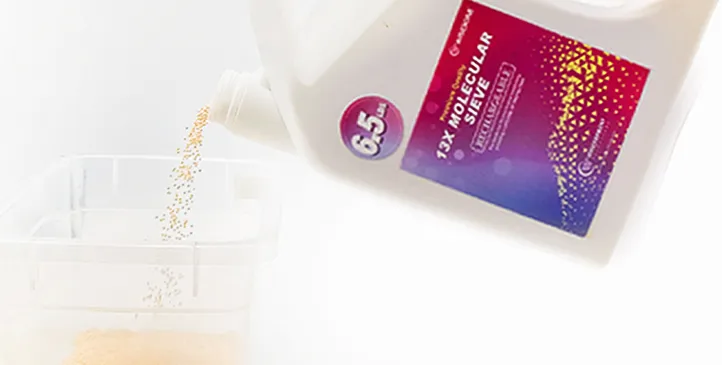
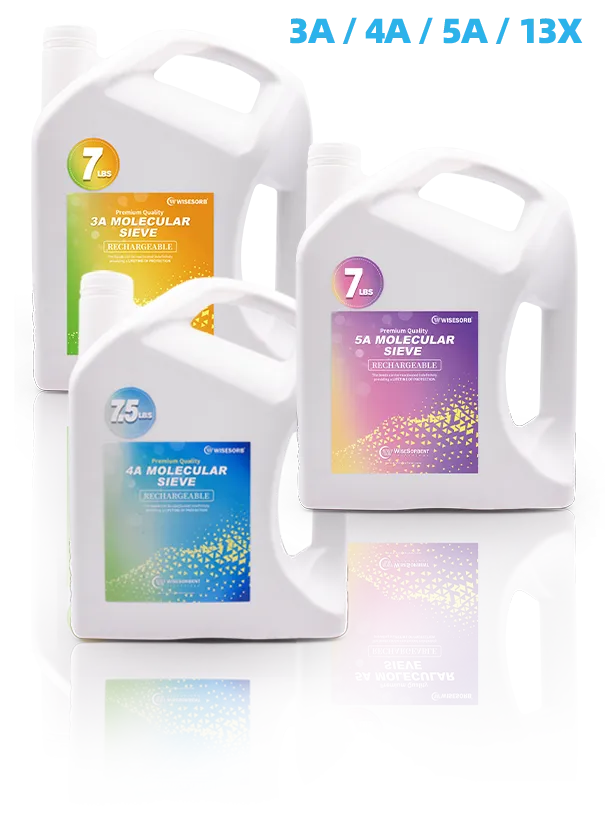
The production of raw materials for molecular sieve desiccants involves extracting silica and alumina from sources such as sand and bauxite. These materials are then transformed into precursor compounds, which undergo chemical reactions to form porous crystalline structures. The process includes hydrothermal treatment to create zeolite structures, followed by washing, drying, and potential modifications for specific adsorption properties. The resulting zeolite crystals are sized, packaged, and undergo quality control to ensure consistent performance in moisture and gas adsorption. Variations in composition and parameters allow for the production of different desiccant types.
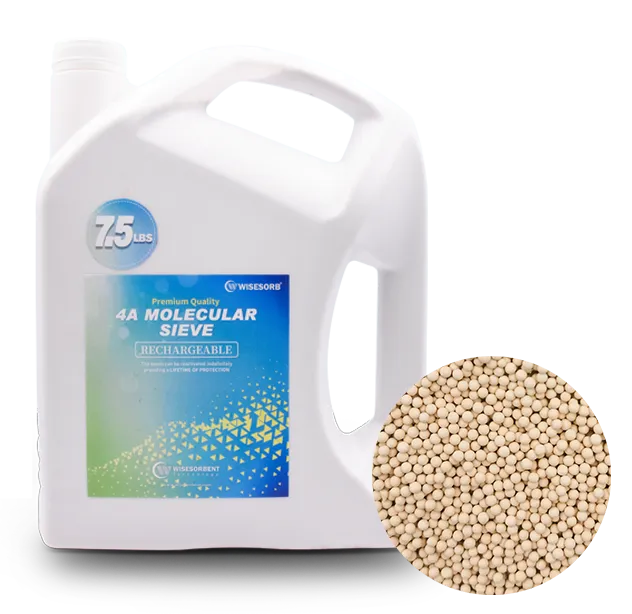

High Absorption Capacity: Molecular sieve desiccants can effectively control relative humidity rates in packages, particularly under low humidity conditions (RH 10%).
Molecular sieve desiccants play a crucial role in safeguarding materials by ensuring precise moisture levels during production. Their diverse characteristics underscore their significance in addressing a wide range of moisture control needs across various sectors.
